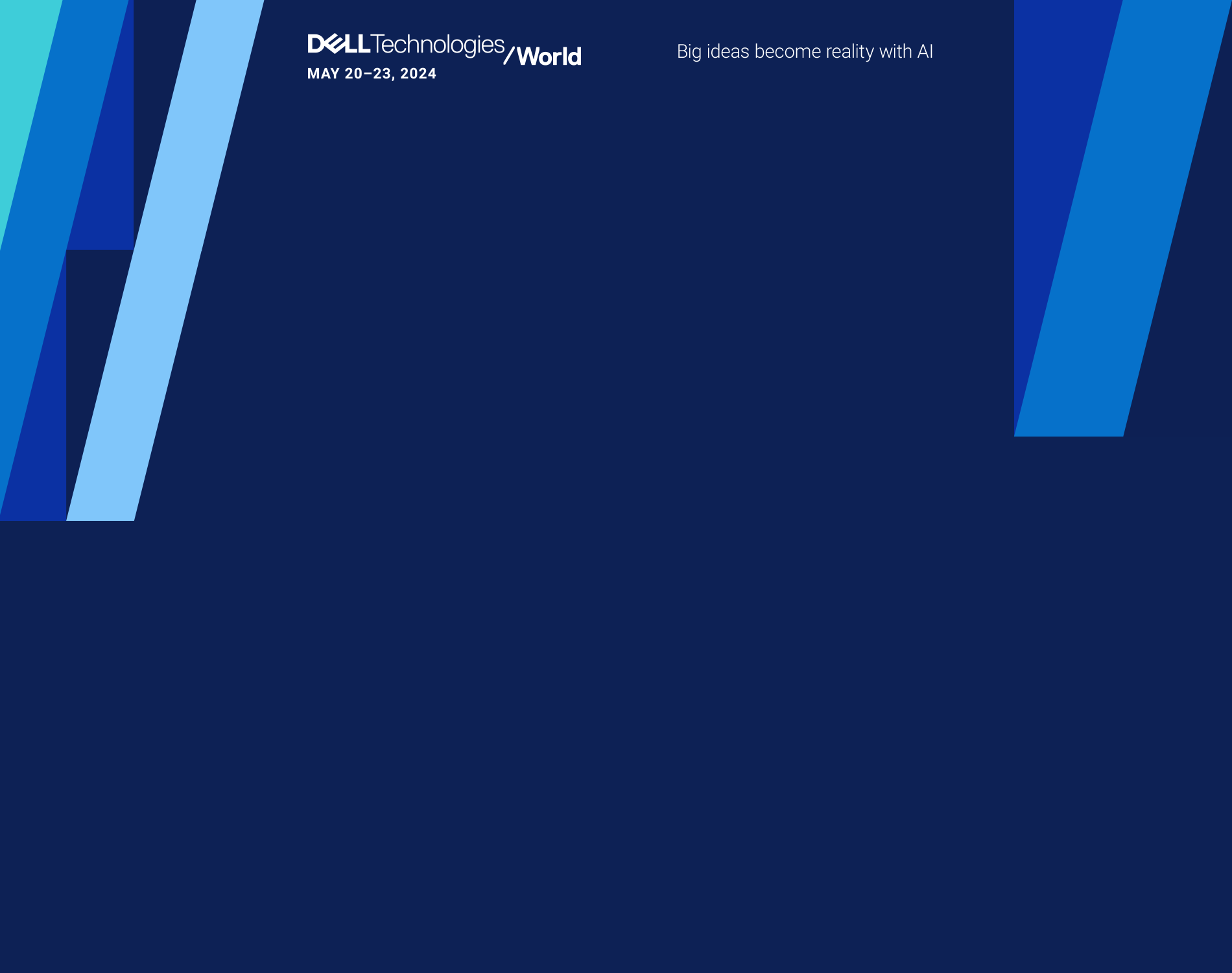Regardless of the type or size of your business, you are most probably managing a lot of data and applications. Recently, private cloud solutions have been gaining popularity because of the distinct benefits offered when compared to the public cloud. Here are the main benefits when choosing a private cloud solution.
Understanding private cloud
Private cloud is a particular model of cloud computing, involving a distinct and secure environment in which only the specified client can operate. Like other cloud models, private cloud solutions provide computing power within a virtualized environment based on the use of physical resource pools. In the private cloud model, the cloud (resource pool) is accessible by a single organization, providing it with a higher level of control and security.
The technical mechanisms used to deliver cloud services, which can be considered as private cloud services, can vary considerably, making it difficult to define what constitutes a private cloud from a technical point of view. In general, these types of services are categorized according to the features they offer to their customers.
Private cloud services restrict the resource pool by creating a separate platform accessible to a single organization/customer, thus providing a higher level of security. They can be defined in contrast to public cloud services, which provide virtualized services to multiple customers accessing the same resource pool, and the same shared servers over public networks. Private cloud services use resources from a separate pool of physical resources, but these can be hosted internally or externally and accessed via private leased lines or secure encrypted connections over public networks.
The additional security offered by the cloud model with isolated resources is ideal for any organization, including businesses that need to store and process confidential data or perform sensitive tasks.
For example, a private cloud service might be used by a financial services company that has certain regulations regarding the storage and processing of data internally, but at the same time wants to take advantage of some of the benefits offered by cloud computing systems—such as on-demand resource allocation integrated into its business infrastructure.
Main benefits of private cloud solutions
The main features and benefits offered by private cloud systems.
High level of security and privacy
Public cloud services may implement a certain level of security, but private clouds—using techniques such as separate resource pools with firewall-restricted access, leased private lines, and/or internal hosting—can provide a much higher level of isolation and security of vital operations.
It’s all about control
The private cloud, being accessible to a single organization, gives the ability to configure and manage resources according to its needs to achieve a tailored network solution. However, this level of control comes with higher costs—when compared with public cloud solutions.
Energy and cost-efficiency
Implementing a private cloud model can improve resource allocation within an organization. Resources available for individual departments or functions can be directly and flexibly adjusted on-demand. Therefore, even though private cloud solutions are not as cost-effective as public cloud solutions due to lower scalability savings and increased resource management costs, they offer higher resource efficiency compared to traditional LAN solutions by minimizing investment in unused capacity.
Improved reliability
Even when resources (servers, networks, etc.) are hosted in-house, creating virtualized operating environments provides improved resilience to failures in physical infrastructure. For example, virtual partitions can use resources from the remaining unused servers. On the other hand, if the cloud is hosted by a third party, the organization can still benefit from the physical security afforded to the infrastructure hosted within the data centers.
Cloud bursting
Within private cloud offerings, some providers may offer the possibility of “cloud bursting”, a term used to describe the temporary utilization of cloud resources via a hybrid cloud environment. Cloud bursting can be extremely beneficial in the event of sudden spikes in demand. This service allows the provider to switch certain non-sensitive core functions to a public cloud at peak times to free up more space in the private cloud for more sensitive functions. Private cloud services can even be integrated with public cloud services resulting in hybrid cloud modules to maximize efficiency. This is where a public cloud service is consistently used for less sensitive core functions.
Compliance
Businesses of all shapes and sizes need to comply with national or internal laws and policies. Choosing a private cloud solution could be an ideal option in this case, as it can be deployed following any retention and access-control policies. For example, in the case of a data breach, it may be rather difficult to access security logs from a public cloud, but it should not be a problem if you own your private cloud.
The private cloud model is a cloud model that is closer to the traditional, individual local area networks (LANs) used by enterprises in the past, but with a few modern twists. Private cloud is not, by all means, a fix-all solution but, depending on your company size and your business needs, it could prove to be just the right tool.



























